As the temperature drops and winter approaches, it's essential to prepare your RV for the colder months ahead. Properly winterizing your recreational vehicle is crucial to safeguarding its systems and structural integrity against potential damage from freezing temperatures. Whether you're a full-time RVer or storing your RV for the season, this comprehensive guide will walk you through the steps to effectively winterize your home-on-wheels.
Why Winterize Your RV?
Freezing temperatures can wreak havoc on your RV's plumbing system, water lines, and appliances. Failure to properly winterize can result in burst pipes, cracked fittings, and costly repairs. Taking proactive measures to protect your RV during the winter months is key to avoiding these issues.
Steps to Winterize Your RV
- Drain Water Systems: Begin by draining all water from the fresh water tank, water lines, and hot water heater. Open faucets and low points to ensure complete drainage.
- Bypass Water Heater: Switch your water heater into bypass mode or drain it entirely.
- Flush and Clean Holding Tanks: Empty and thoroughly clean the black and gray water tanks. Use RV-specific tank treatments to prevent odors and buildup during storage.
- Add Antifreeze: Use RV-specific antifreeze to protect your plumbing system. Pour antifreeze into all drains, toilets, and traps to ensure they're filled with the solution.
- Protect Exterior and Seals: Inspect and repair any exterior seals or caulking to prevent water leaks. Cover air vents and openings to prevent pests from entering.
- Tire Maintenance: Inflate tires to the recommended pressure and consider using tire covers to protect against cold temperatures and UV exposure.
- Battery Care: Disconnect the battery or use a trickle charger to maintain its charge during storage. Store it in a cool, dry place.
- RV Cover: Consider using an RV cover to protect your vehicle from snow, ice, and UV rays during storage.
Additional RV Winterization Tips
- Heated Storage: If possible, store your RV in a climate-controlled or heated storage facility.
- Regular Check-ups: Periodically check on your RV during storage to ensure everything remains in good condition.
- Rodent Prevention: Use rodent repellents or traps to prevent pests from nesting in your RV.
Conclusion
Winterizing your RV is a crucial step in ensuring its longevity and protecting it from potential damage caused by freezing temperatures. By following these steps and taking proactive measures, you can confidently store your RV during the winter months or continue your travels without the worry of weather-related issues.
Do you have any additional tips or experiences with winterizing an RV? Share your insights in the comments below to help fellow RVers prepare for the cold season.
Stay warm, stay safe, and happy RVing!


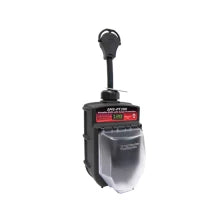
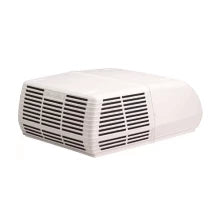
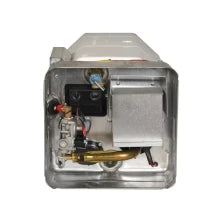
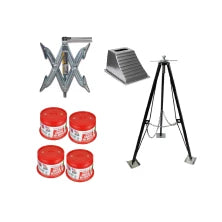
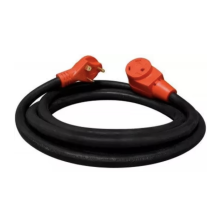
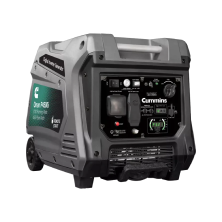
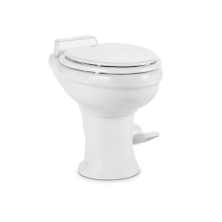
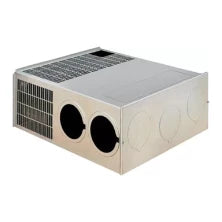
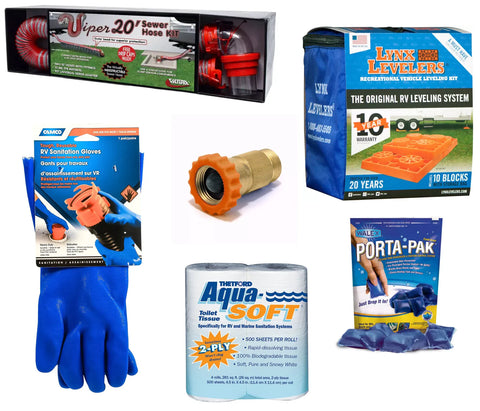
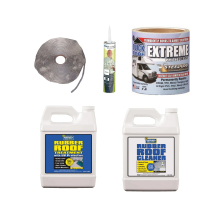
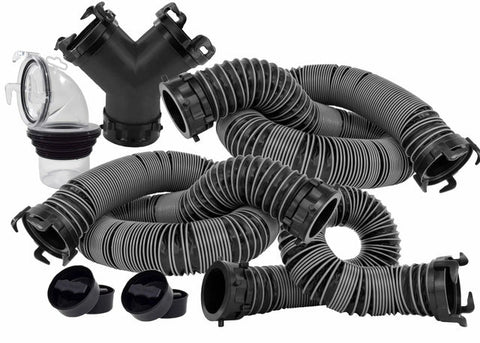
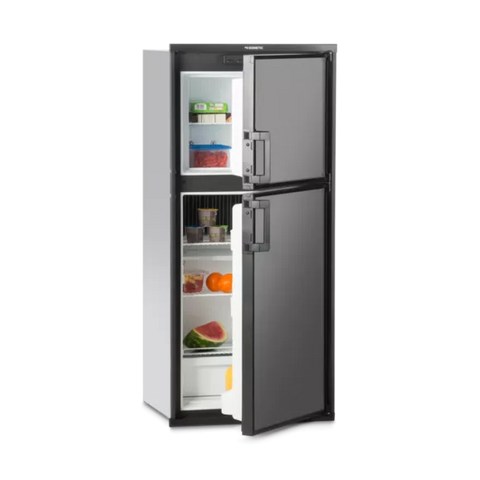


Comments (0)
There are no comments for this article. Be the first one to leave a message!